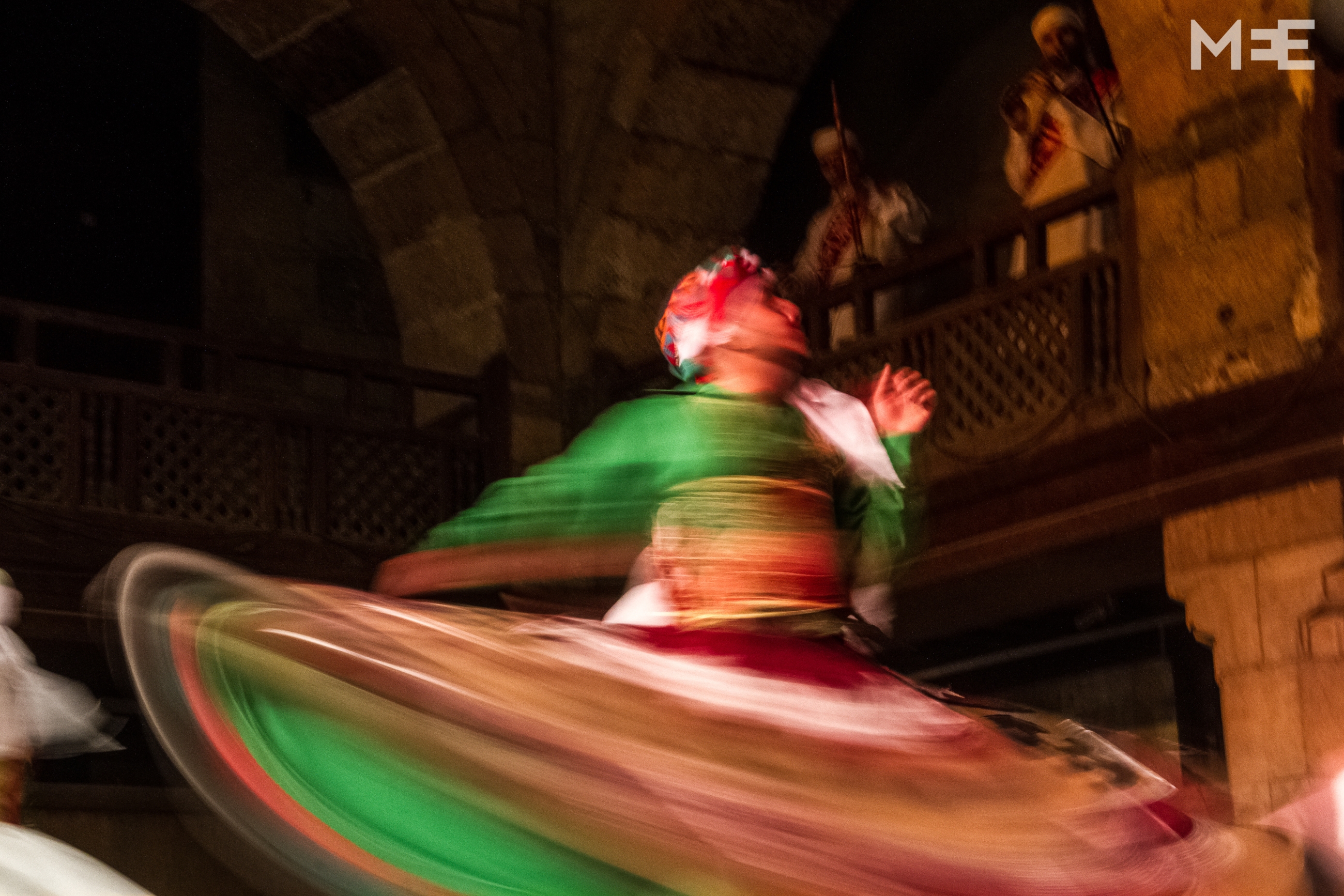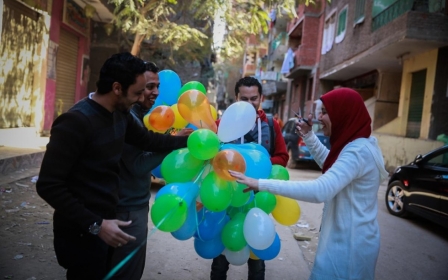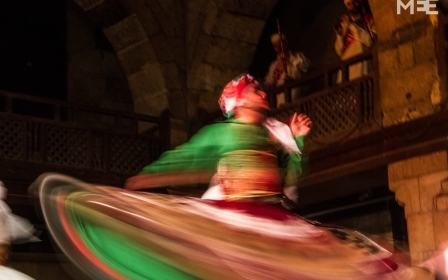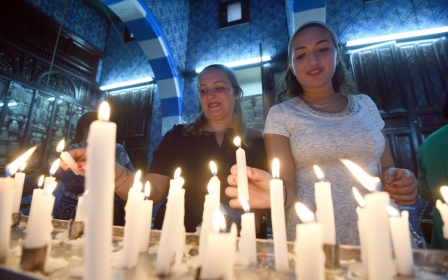An evening with Egypt's Sufi dancers

CAIRO - In downtown Cairo, a weekly dance show attracts large numbers of visitors. Families and people of all ages come to watch al-Tanoura, an Egyptian folk dance steeped in the tradition of Sufism, the mystical school of Islamic practice. Some of the dancers dress in plain long white robes, a symbol of the asceticism which is thought to give the sect its name – the term Sufi is derived from the Arabic word meaning “to dress in wool,” a reference to the customary clothing of early followers. Others wear ornate robes in gold and green, the traditional colour of Islam.
Egypt boasts 74 separate Sufi orders, the local branches that followers convene around, and conservative estimates put the number of Sufis in Egypt at around six million. However, Sufi ceremonies are attended not just by followers of the mystical strand of Islam, but have also become cultural occasions. Many of the Tanoura dancers are not themselves Sufis, like many of the spectators who gather each week to watch them.
One of the dancers who spoke to Middle East Eye, though, is Adel Hamouda, a Sufi who started dancing at the age of 10 in his small village in southern Egypt. Now 56, most people call him Amm Hamouda, or Uncle Hamouda, as a show of respect for the long-time dancer who has since mainly stepped aside to make way for younger performers.
“I used to be a dancer, but now I mostly just play with the band so I don’t have to exert too much effort,” Hamouda explains. Hamouda’s companion at the dance show is his grandson – Hamouda hopes he will become a Sufi dancer in time.
When he is not performing at the Sufi dance circle, 30-year-old Ali Mohamed is a respected paediatrician at a hospital in the upscale Cairo neighbourhood of Zamalek. Mohamed’s father was a member of the el-Shazlia order, but Mohamed was not interested in Sufism until his first year of college when, he says, he discovered that followers of mystical Islam are “very different from the image I had in my mind. Those who are conservatives see us as heretics, and most of them avoid dealing with us. Another problem is that we aren’t politically represented at all – you’ll rarely find an Egyptian politician who is a member of a Sufi lodge.”
Though most of the dancers are professionals and perform for a wage, Mohamed says he works for free at the ceremony.
“I don’t take any money here for what I do," he says. "I love dancing and I love being here performing amongst people.”
Middle East Eye propose une couverture et une analyse indépendantes et incomparables du Moyen-Orient, de l’Afrique du Nord et d’autres régions du monde. Pour en savoir plus sur la reprise de ce contenu et les frais qui s’appliquent, veuillez remplir ce formulaire [en anglais]. Pour en savoir plus sur MEE, cliquez ici [en anglais].




